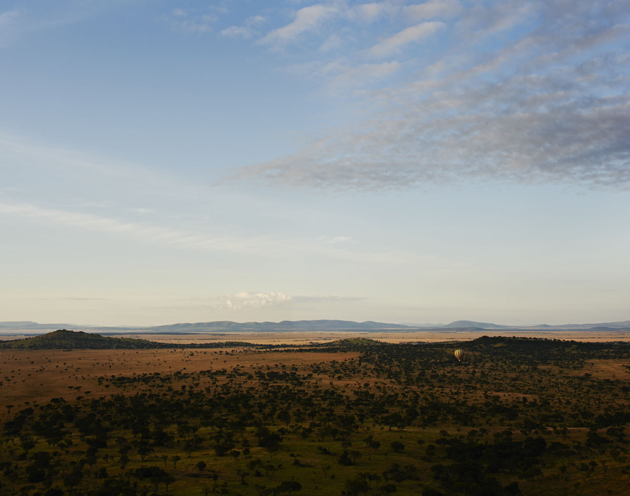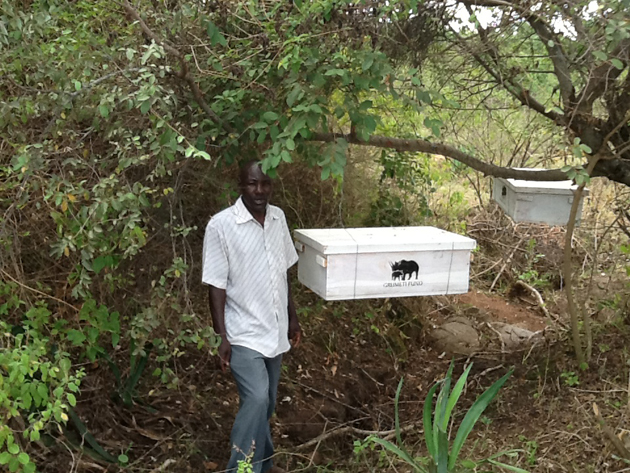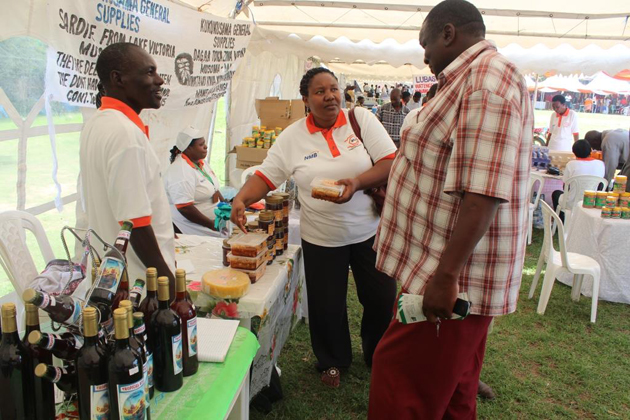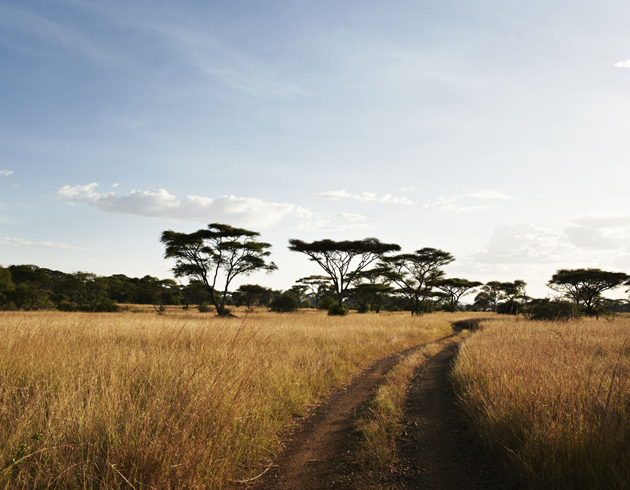Beekeeping for Biodiversity
There has been much written about the plight of bees on a global scale, and the disastrous impact their dwindling populations could have on commercial agriculture and food production. Looking closer to home, the conservation of bees in particular is critical to the survival of local plant life; a crucial element of sustainable environmental conservation and biodiversity enrichment.
At Singita Grumeti in Tanzania, through the Grumeti Fund and the local outreach programme, beekeeping projects have been promoted in local communities since 2010, who in turn earn an income from the sale of honey. This way, the community is supported while the bees’ natural habitat is preserved, and serves as a great example of how conservation and community development are integrally connected.
To date, seven beekeeping groups and various individuals and families have become involved in the project, and are now responsible for 744 beehives. Among the most successful groups is the Bonchugu Community, under the thoughtful leadership of Amos Matiku. He is described as an energetic, enthusiastic and a results-oriented person who never gives up.
“I first heard about the beekeeping project from a Community Outreach officer in 2011 and although skeptical at first, eventually myself and nine others in the community applied to join the project,” Amos says.
It started with 20 hives, and members had to contribute 33% of the cost of running each hive, with the Grumeti Fund providing all necessary support needed for the project. In a very short time, the hives were stocked with bees and the members were able to see the fruits of their labour. In June 2012, the group celebrated their first harvest, and just 2 days laters were able to sell all the honey. The income generated covered the initial contribution of each member and they decided as a group to reinvest the profits in order to grow the project.
33 more hives were added, and in 2013, their harvest was the most successful in the whole Serengeti, which afforded them to opportunity to attend an international exhibition in Dar es Salaam. Their organic acacia honey was the show’s bestseller and allowed them to raise additional funds for the project. The group was also invited to attend another regional exhibition and are deservedly proud of their achievements so far.
The Grumeti Fund also facilitates training for the group, helping them to stay abreast of the latest in beekeeping technology. Amos says: “Through this programme, we have realised the impact conservation can have on all our lives. The acacia forests which were previously degraded are now flourishing with new growth. Beekeeping has created employment and income for local families, while helping to conserve our land and its wildlife.”
The keeping of beehives helps to maintain riparian zones, natural springs, and remnant forest and bush areas as these are the the optimal habitat for the bees. The presence of the hives also prevents timber and firewood harvesting in those areas, and discourages elephants (they don’t like bees!) from trampling the nearby farmland and destroying the crops.
In 2002, the Grumeti Community and Wildlife Conservation Fund, a not-for-profit organisation, was granted the right to manage and conserve 350,000 acres, for the benefit of Tanzania, Africa and the world. Four years later, Singita took over the management of the property, at the request of the concessionaire and began the task of generating, via low impact tourism, the funds necessary to ensure the long-term sustainability of the reserve through conservation and community partnerships.
If you would like more information, please contact Pam Richardson, Singita’s Group HR and Community Development Manager.
The post Beekeeping for Biodiversity appeared first on Singita.








































